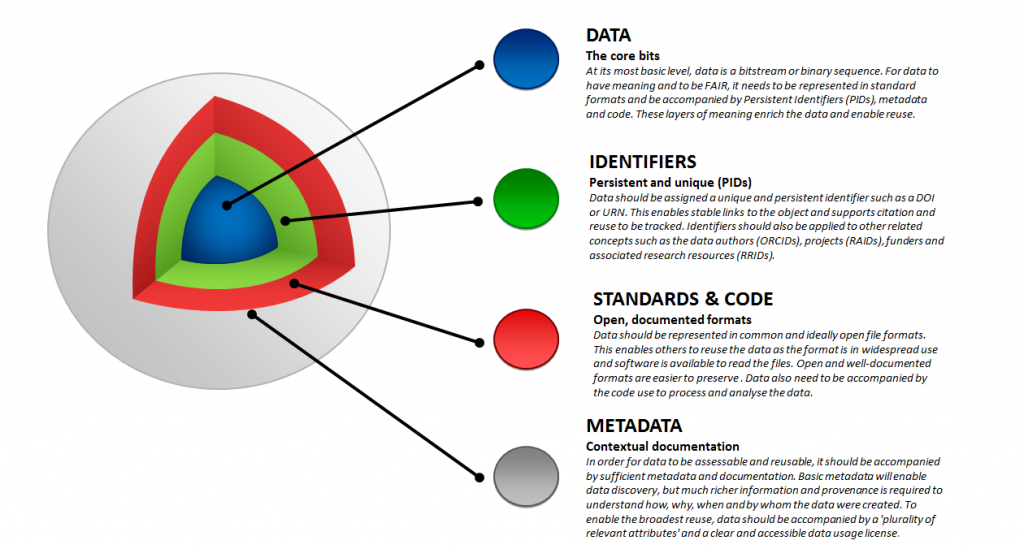The 11th RDA Plenary took place at Berlin, Germany from 189th to 23rd March 2018. The meeting brought together several and different experts including researchers, data scientists, knowledge experts and practitioners. From the proceeding it clear that a number of stakeholders have and continue to be engaged in advancing a number projects and initiatives in open data space. It is also evidenced that data is driving many economies including those of developing countries.
In the recent past there has been increased demand for data driven empowering techniques such as knowledge on fertilizer applications to help farmers, delivery of real time and mobile data and information. These demands require intelligent systems that can learn, adapt and automatically act on data. In addition, there is increasingly recognition of digital detailed reflection of the physical world we live in where most of the agricultural systems has to be fed with digital information requiring information to be availed in digital format. Furthermore, new and emerging means of collaboration are requiring dynamic connection including people, processes, devices and services. These trends are signs that stakeholders working in the data space should be aware that today’s agriculture performance relies connecting agencies and farmers. These requirements can be achieved through innovative use of data for instance creating educational programs for farmers using open data from research systems on best farming practices.
In this regard, many speakers acknowledged the efforts Research Data Alliance (RDA) members have continued to put in moving the data agenda forward. During the pre-meeting and the main meeting numerous data-driven opportunities were mentioned. As part of the way forward, it was emphasized that development of interfaces between research, industry actors, governments, society and users e.g. farmers can be enhanced through the use of data. Moreover, the need for increased ICT infrastructure to enable practices for collaborative research and timely information access was underscored. The meeting noted explosion of intensive demand for information, innovation and data being turned into insight.
One of the interesting new dimension is the move from experienced based evidence to data-driven based evidence which is as result of increased computer intelligence over human intelligence as shown in the graph below.
While human intelligence depend on experience computer intelligence depends heavily on data.
The pre-meeting agreed on key deliverables that must be undertaken to address some of the challenges facing data management and open data debate. It also formed the action plan for the future and they include:
- Capacity Building for researchers, data scientists and information experts on the following areas
- Digitization of data collection
- Rescue of historical data
- Skills on data science
- Techniques for data analysis and visualization
- Copyright & Database rights
- Advocate for open data and information sharing policies
- Capacity Building for practitioners and users
- On-farm application
- Interpretation of Good Agricultural Practices (GAP) farming advisories
- Development of online platforms including mobile applications
- Set up an open data and information repository for data project
Key players promoting open data principles specifically, GODAN Action, CODATA and FAO agreed to work together through partnership and collaborative frameworks in all data initiatives and projects starting with joint sessions in the upcoming IDW2018 conference. There was also a proposal for RDA education and training working group. GODAN Action also announced the next capacity building program scheduled to start in April 2018. The first program was very successful with participants from all over the globe.
The CODATA Task Group on Agriculture presented their main as Use Cases farmer data and innovation, working on weather data through establishing community of practice (COP) and last mile capacity building. The outcome has been on ICT innovation use cases such as the agro-weather tool and other online data platforms, strengthening of adaptive capacities of users and turning data into insights as summarized below.
Some of the areas the CODATA ATG has made good progress includes: Research Informatics concepts through the developing ICT innovations, tools and systems that turn data into insights. Looking forward there are plans for training on data science, development of BIG Data platform using artificial intelligence, machine learning and data mining. One of the main achievement is the use of ICT in management and application of weather data using knowledge hub portals and mobile applications. These efforts have opened up agricultural research data space particularly downscaling and interpretation of datasets into context and location specific.



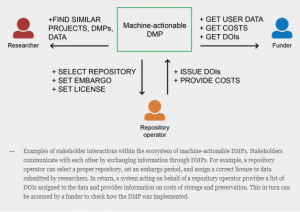
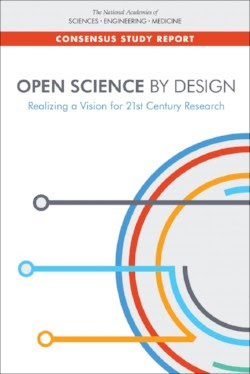
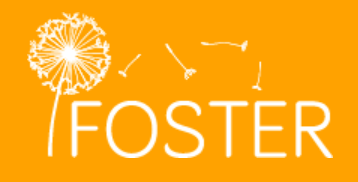
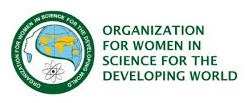
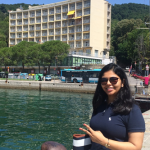
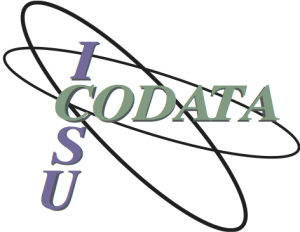 These Data Sets allow a deeper understanding of the urban and its problems, allowing the students to have a firmer control over possible bias and therefore analysing and giving solutions for overcoming thesituations.
These Data Sets allow a deeper understanding of the urban and its problems, allowing the students to have a firmer control over possible bias and therefore analysing and giving solutions for overcoming thesituations.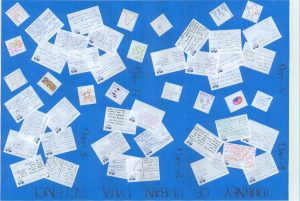
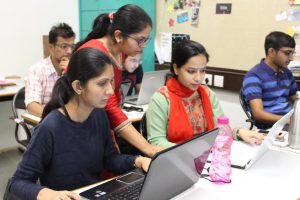
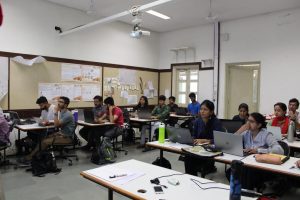
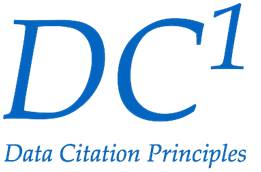
 The European Commission’s Expert Group on FAIR Data, chaired by Simon Hodson, CODATA Executive Director, published the
The European Commission’s Expert Group on FAIR Data, chaired by Simon Hodson, CODATA Executive Director, published the 